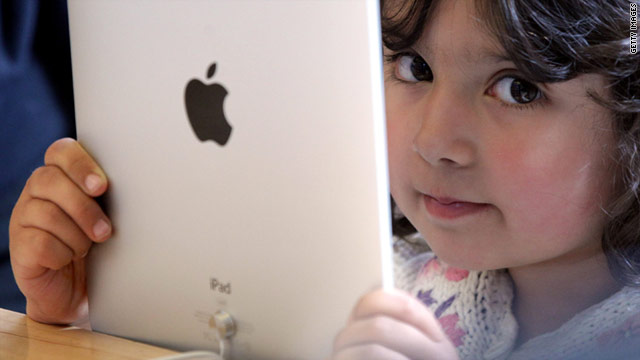
Although technology has changed dramatically in recent decades, the style of learning that students use in the classroom has remained largely the same. 11 Dutch elementary schools are looking to change this, with an education style that gets rid of the blackboards and textbooks of old and focuses itself completely around Apple’s iPad.
The schools, which are being referred to as “Steve Jobs Schools”, put the kids almost completely in control of everything they do and learn while there.
Some 1,000 children aged four to 12 will attend the schools, without notebooks, books or backpacks. Each of them, however, will have his or her own iPad.
There will be no blackboards, chalk or classrooms, homeroom teachers, formal classes, lesson plans, seating charts, pens, teachers teaching from the front of the room, schedules, parent-teacher meetings, grades, recess bells, fixed school days and school vacations. If a child would rather play on his or her iPad instead of learning, it’ll be okay. And the children will choose what they wish to learn based on what they happen to be curious about.
The schools will still promote traditional activities like drawing and physical activity, but they will focus on the three core subjects of arithmetic, reading skills, and text comprehension.
The Steve Jobs school will be open from 7:30 a.m. to 6:30 on every workday. The children will come and go as they please, as long as they are present during the core period between 10:30 a.m. and 3:00 p.m. The building will only be closed for Christmas and New Year’s. The children’s families will be able to go on vacation when they please, and no child will have to be worried about missing class as a result, since classes in the traditional sense will be nonexistent.
Only in exceptional cases will a teacher direct classes in groups.
It definitely sounds like an interesting and new approach to the learning environment, not to mention one that is likely well needed. We’ll have to wait and see just how effective it is at teaching, but hopefully it’s successful enough to promote broader adoption of the philosophy.






